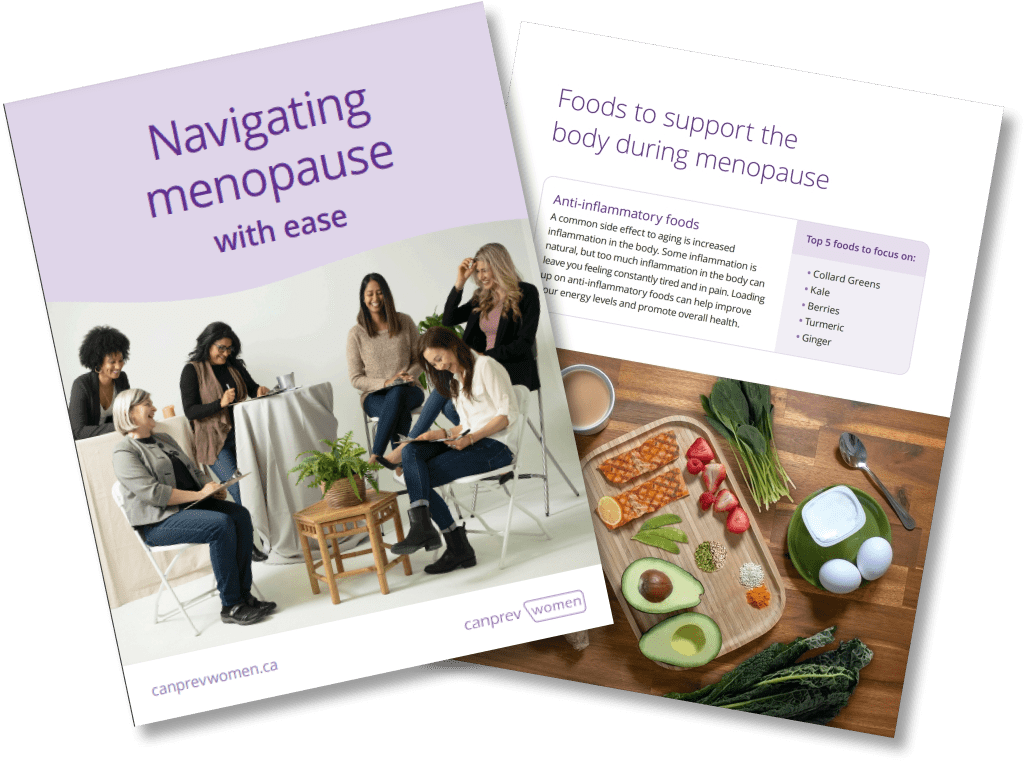Breast cancer affects so many lives, in ways that are often hard to put into words. It can bring a range of emotions and at times the weight of it all may feel incredibly isolating. But one thing is certain—no one should face this journey alone.
This October, during Breast Cancer Awareness Month, we come together not just to raise awareness, but to honour the strength of community. The kind of support that can lift you, hold you, and remind you of your own resilience, even on your toughest days.
The heart of community
There’s an undeniable magic in being surrounded by people who truly get it—who know what it feels like to hear the words breast cancer and to navigate the road that follows. Whether you’ve just received a diagnosis, are in the midst of treatment, or are supporting a loved one, the power of community can bring a deep sense of connection, comfort and hope.
When someone offers a knowing smile, shares their story, or simply listens without judgment, it can ease a heavy burden. It’s a reminder that you don’t have to carry this weight alone. There are others who understand the sleepless nights, the anxious thoughts, and the small victories.
You are a remarkable individual facing an immense challenge. So allow yourself to lean into that support.
Programs and services to support your journey
When treatments are exhausting, and daily life feels like a mountain to climb, small acts of kindness from your community can make a world of difference. These gestures, though they may seem small, can lift a weight off your shoulders, giving you the space to breathe, rest, and focus on your healing.
Support can come from various sources beyond friends and family. Here are a few services that can help lighten the load:
Meal services: Local organizations like Breast Cancer Support Fund offer free programs that deliver nourishing meals to low-income breast cancer patients, when cooking feels too overwhelming. On particularly challenging days, consider ordering a meal from your favourite take-out spot.
Household help: Professional household help can alleviate the stress of chores and errands, allowing you to focus on what matters most—your well-being. Services like these give you the time to truly rest. Cleaning for a reason provides free home cleaning services for cancer patients across Canada. Patients are eligible if they are recovering from cancer surgery, in cancer treatment, or in hospice care.
Child care assistance: Organizations like the Nanny Angel Network offer free childcare support, while groups like Gilda’s Club Greater Toronto offer in-home and virtual support for kids and teens, giving them a safe space to express difficult emotions and find comfort.
Transportation: Free services offered by organizations like The Canadian Cancer Society can help you get to your appointments without added worry on treatment days.
Finding support groups
One of the most powerful ways to connect with others who understand your experience is by joining a support group. These groups can become a lifeline, a place to share stories, ask questions, or simply listen and be heard. Whether in person or online, support groups can offer that sense of belonging and strength you need during recovery.
Local hospital groups: Many hospitals offer in-person support groups for breast cancer patients and survivors. These gatherings offer a safe, compassionate space to connect with others who are on a similar journey.
National organizations: Groups like the Canadian Breast Cancer Network and Rethink Breast Cancer provide resources, education, and support tailored to your needs.
Specialized communities: Whether you’re a young survivor, living with metastatic breast cancer, or navigating unique challenges, there are groups like Young Adult Cancer Canada and Nanny Angel Network that offer specialized support.
If attending a local group doesn’t fit into your life, there are countless online spaces where you can find connection and comfort. From forums to survivor-led blogs, these platforms offer support at any time of the day or night, whenever you need it most. Here a few online platforms:
Embracing self-care after breast cancer recovery
Surgery is one of the most common treatments for breast cancer, often accompanied by radiation therapy. This can involve a mastectomy, lumpectomy, or reconstruction. Together, these treatments can bring changes that affect how you look or feel. As each person’s healing journey brings its own unique challenges, it’s important to discover what self-care practices work best for you so that you can heal at your own pace, in your own way.
While discovering the right self-care practices is essential to your recovery, it’s equally important to remember that you don’t have to navigate this path alone. Turn to your community—whether that’s friends, family, support groups, or online spaces—for encouragement, understanding, and support.
Rest and rejuvenation
Your body has been through a lot, and it’s important to give yourself permission to rest. Sleep and moments of quiet relaxation will help rebuild your strength and energy. Let your loved ones or community help you create an environment where you can rest—whether it’s taking over chores, preparing meals, or simply offering a quiet space. Listen to your body—rest when you need it.
Mindful nutrition
Nourishing your body with healthy, balanced meals can support your overall well-being. Focus on a diet rich in fruits, vegetables, lean proteins, and whole grains. You can also reach for supplemental support as needed. Consider consulting a nutritionist for personalized guidance or online communities for healthy recipes as you rebuild your health.
Emotional self-care
Recovery is as much about emotional healing as it is about physical recovery. Give yourself space to feel, reflect, and process what you’ve been through. Whether through journaling, therapy, or support groups, finding an outlet for your emotions can be incredibly beneficial.
Gentle physical activity
Once you’re ready, incorporating light exercises like walking, yoga, or swimming can boost your mood, improve circulation, and help restore your physical strength. Consider inviting a friend or family member to join you and help keep your motivation up. Be sure to consult your healthcare provider before starting any new exercise routine.
Reconnecting with yourself
After going through treatment, it’s natural to feel different about your body. Take time to reconnect with yourself and explore what makes you feel good in this new phase of life. Whether it’s reading, gardening, painting, or spending time with loved ones, these moments of joy are essential to your recovery. Sharing these activities with others can offer emotional support, while also bringing moments of joy and normalcy to your recovery.
Follow-up care
Continued follow-up care is vital to ensure long-term health after treatment. Stay on top of regular check-ups, screenings, and any medical advice from your healthcare team to monitor your recovery and keep your health in check. Having someone in your corner can bring peace of mind as you navigate the next steps in your recovery. Ask a friend or family member to come with you to appointments or to help keep track of your appointment schedules.
Self-checks can also help you detect any unusual changes early, giving you the best chance at early intervention if needed.
You are never alone
You are held, you are loved, you are not alone.
Building a support network whether through family, friends, or a broader community can be one of the most empowering parts of your breast cancer journey. These connections are more than just people—they’re a lifeline. A reminder that there is always hope, always care, and always a place to turn.
If you’ve been part of a support system, or if you’re looking for one, we’d love to hear from you. Share your stories or resources in the comments below, and let’s continue building this incredible community.


